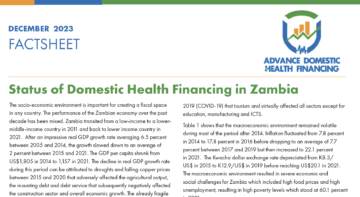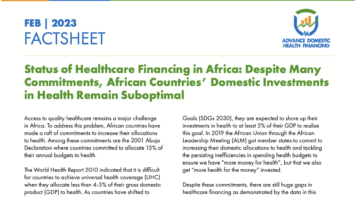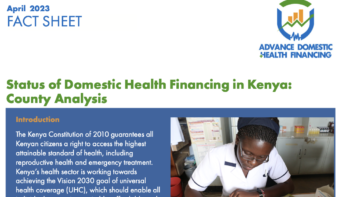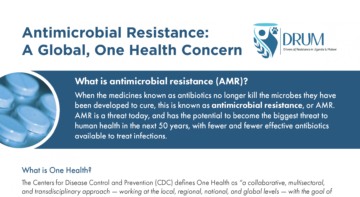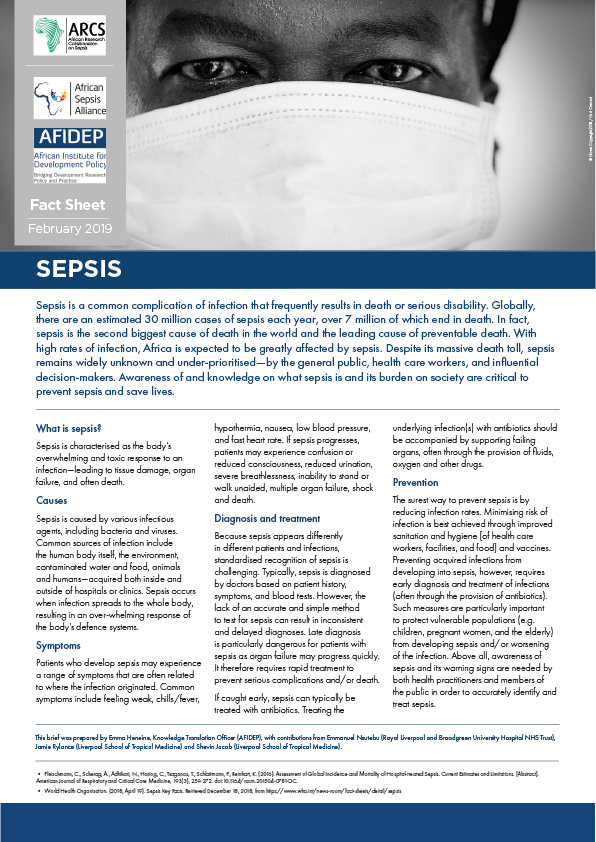
Sepsis is a common complication of infection that frequently results in death or serious disability. Globally, there are an estimated 30 million cases of sepsis each year, over 7 million of which end in death. In fact, sepsis is the second biggest cause of death in the world and the leading cause of preventable death. With high rates of infection, Africa is expected to be greatly affected by sepsis. Despite its massive death toll, sepsis remains widely unknown and under-prioritised—by the general public, health care workers, and influential decision-makers. Awareness of and knowledge on what sepsis is and its burden on society is critical to prevent sepsis and save lives.
This fact sheet was developed as part of the ARCS, a Global Health Research Group awarded by the National Institute for Health Research (NIHR) and led by the Liverpool School of Tropical Medicine (LSTM). Running from 2018 to 2021, ARCS operates within three African countries, Malawi, Gabon, and Uganda. ARCS brings together African and UK expertise across the applied health spectrum to tackle sepsis, learning from the UK’s experience in reducing sepsis mortality.
Sepsis: Causes, Symptoms, Diagnosis and treatment, Prevention
Related Publications
